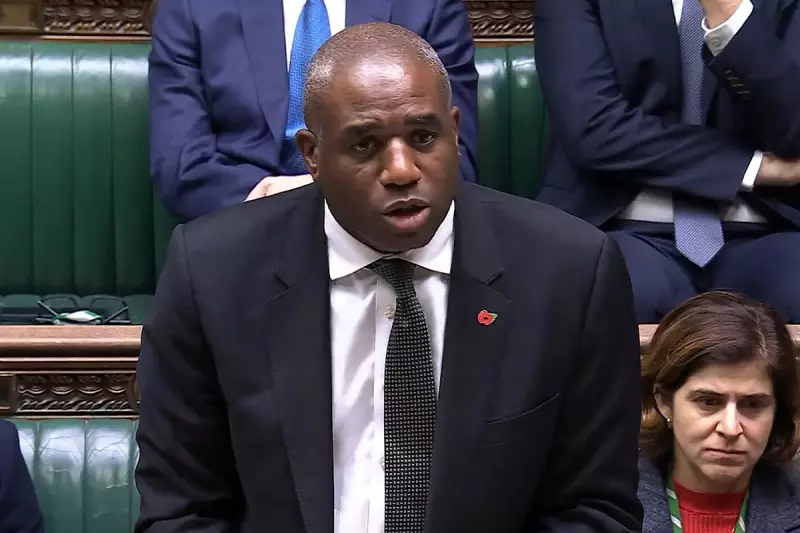
In a deeply emotional exchange during Prime Minister's Questions, Shadow Foreign Secretary David Lammy confronted Rishi Sunak over the heartbreaking case of Hadush Kebatu, a British mother who was denied potentially life-saving cancer treatment despite contributing to the system through taxes for 16 years.
A Mother's Plea Ignored
Hadush Kebatu, a 39-year-old mother from London, faced the devastating reality of being refused NHS cancer care due to her immigration status. Despite living and working legally in the UK since 2008 and consistently paying taxes, the healthcare system she supported turned its back on her when she needed it most.
"She came here legally in 2008, worked hard, paid her taxes, raised her family," Lammy stated passionately in the Commons. "When she got cancer, she was told she wasn't entitled to treatment."
PMQs Confrontation Exposes Systemic Failures
The emotional confrontation saw Lammy directly challenge the Prime Minister on what he described as a "hostile environment" policy that continues to affect legitimate taxpayers. The case highlights ongoing concerns about the Home Office's handling of immigration cases and its impact on access to essential services.
Rishi Sunak responded by defending the government's position, stating that decisions about individual immigration cases are made by caseworkers following established guidelines. However, he faced intense scrutiny over whether the system adequately protects those who have legally contributed to British society for years.
Broader Implications for NHS Access
This case raises serious questions about:
- The fairness of NHS access rules for long-term legal residents
- The implementation of hostile environment policies
- Protections for taxpayers facing health crises
- Systemic issues in immigration case handling
The controversy comes amid ongoing debates about NHS funding, immigration policy, and the treatment of those who have built their lives in Britain while contributing economically.
As the political fallout continues, this case serves as a stark reminder of the human cost behind policy decisions and the ongoing struggle to balance immigration control with basic human dignity and healthcare rights.





